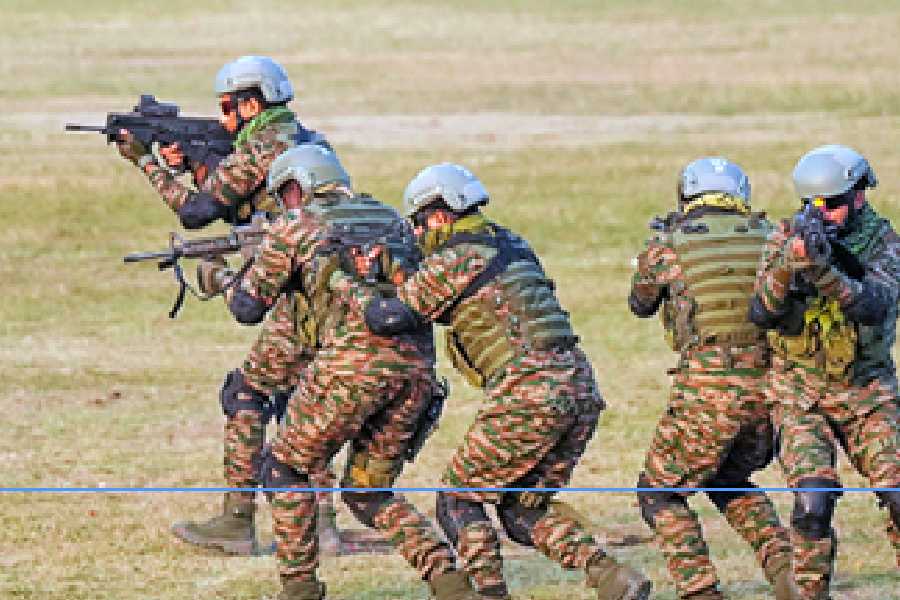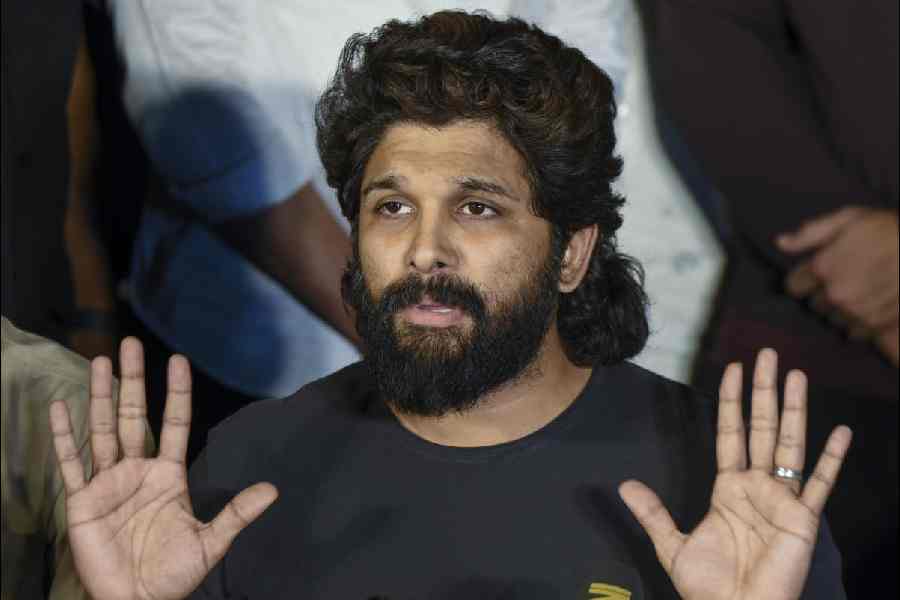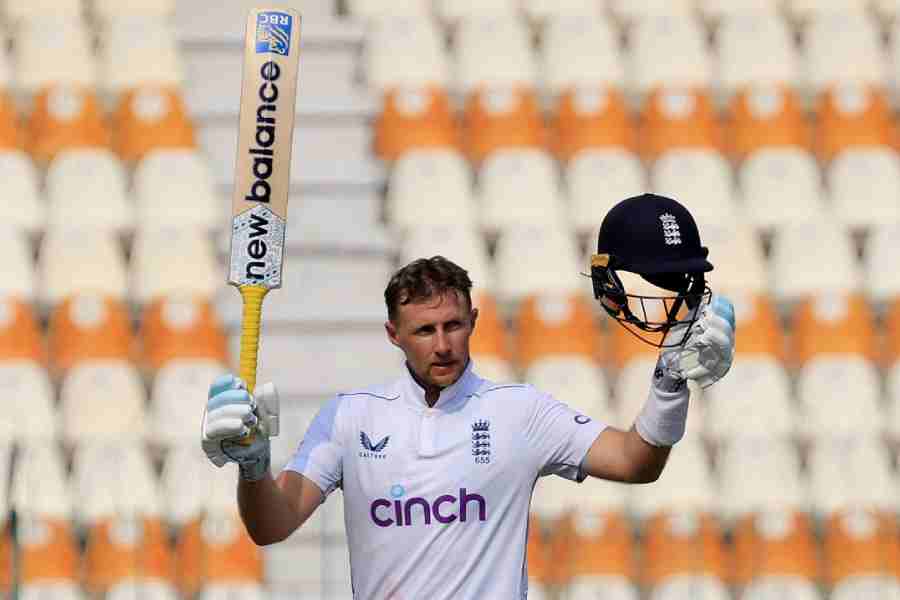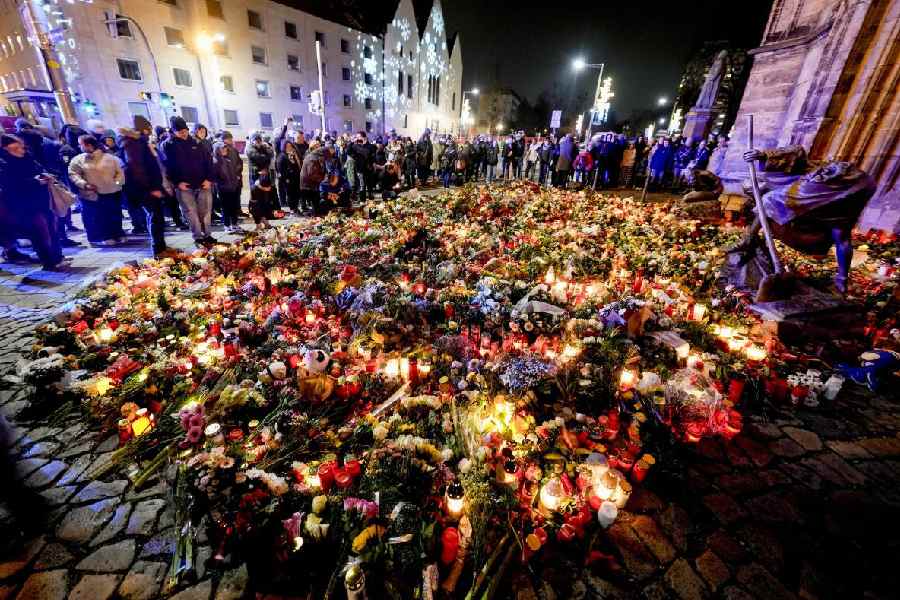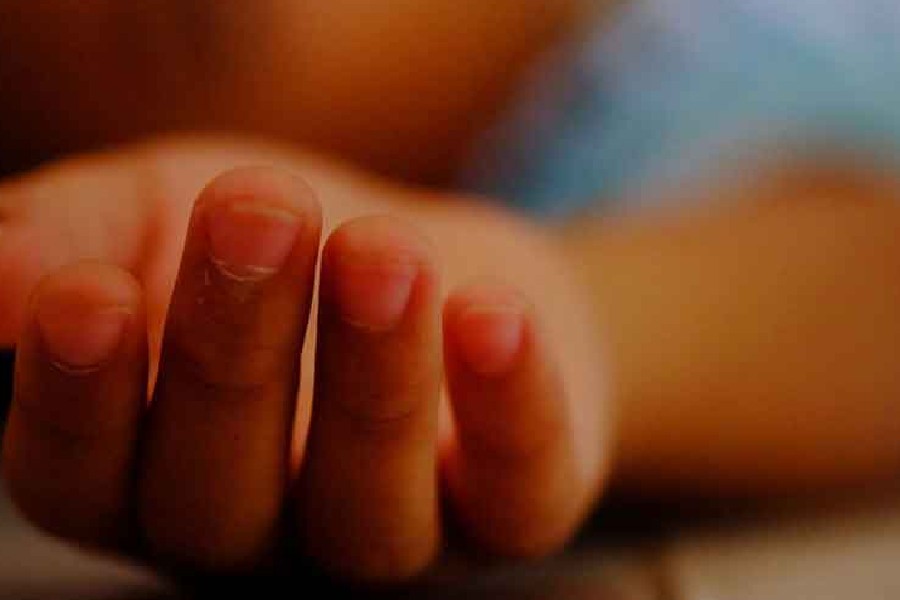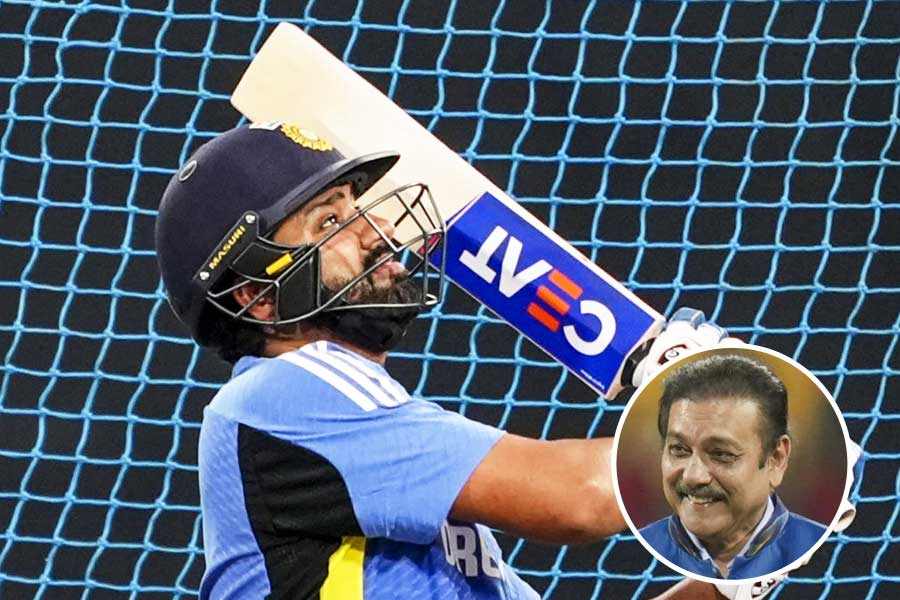The relationship between India and Bangladesh continues to remain strong and what is being said by a section of people and leaders across the border doesn’t reflect the opinion of the majority in the country, several Mukti Yoddhas from Bangladesh said on Monday.
There may have been occasional lows between the two nations but the friendship has remained intact, said the Yodhhas, who fought for the liberation of Bangladesh from Pakistani rule.
A nine-member team of Mukti Yoddhas, comprising retired and serving Bangladeshi army officers, paid tributes to the departed soldiers on the occasion of the 53rd Vijay Diwas celebrations, organised by the Indian Army’s Eastern Command at Fort William.
“There may have been some ups and downs. Bangladesh witnessed the assassination of Bangabandhu (Sheikh Mujibur Rahman) in 1975 and several other unrests after the liberation war. India, too, has gone through several changes. But the friendship between the two nations has remained,” Lt Colonel Quazi Sajjad Ali Zahir (retd), one of the Mukti Yoddhas who attended the Vijay Diwas celebrations, said.
“I’ve come to India in the past and now. Standing out here today, it seems the relationship between the two nations continues to be the same.”
He was speaking on the sidelines of the Vijay Diwas ceremony, attended by senior and retired officers from the Indian tri-services command and Bengal’s governor C.V. Ananda Bose, at the Vijay Smarak, Fort William.
Vijay Diwas celebrates the surrender of 93,000 Pakistani soldiers to the joint forces of the Indian army and Muki Bahini on December 16, 1971, leading to the birth ofBangladesh.
“India helped us during the 1971 liberation war. Over 98 lakh immigrants found shelter during the liberation war in India with the support of the army and civilians. We have not forgotten this,” the former army officer from Bangladesh said.
“The relationship between two nations is built by their people, their love and affection. Governments don’t build relationships. Bonddhutter moddhey chiir dhora ta eto easy na (It’s not easy to create fissures among friends).”
The nine-member Bangladeshi delegation is possibly the smallest sent by the neighbour for the Vijay Diwas celebrations. Including spouses, the team would have 45-50 members.
Several guests said that what is being said and discussed in Bangladesh (about India) does not reflect the true feelings of the masses.
“What’s being said is a view of a handful of people, not the masses. The masses don’t want this. Sadharon manush bhatrittyer bondhon ey thaktey chayae (Commom people want to remain friends),” said a member of the visiting team, led by Brigadier Mohammed Aminur Rahaman, a serving officer of the Bangladesh army.
The guests said they felt humbled and touched by the honour bestowed on them.
“I feel very happy, humbled and touched by the honour that the Indian army bestowed on us. It’s such a nice feeling,” said Major Muhammad Ali Ashraf (retired).
The General Officer Commanding-in-Chief (GOC-in-C), Eastern Command, Lieutenant General R.C. Tiwari laid a wreath at the Vijay Smarak.
Former Indian Army chief General Shankar Roy Chowdhury (retired) and former Indian Air Force chief Air Chief Marshal Arup Raha (retired) were among those wholaid wreaths at the Vijay Smarak.

